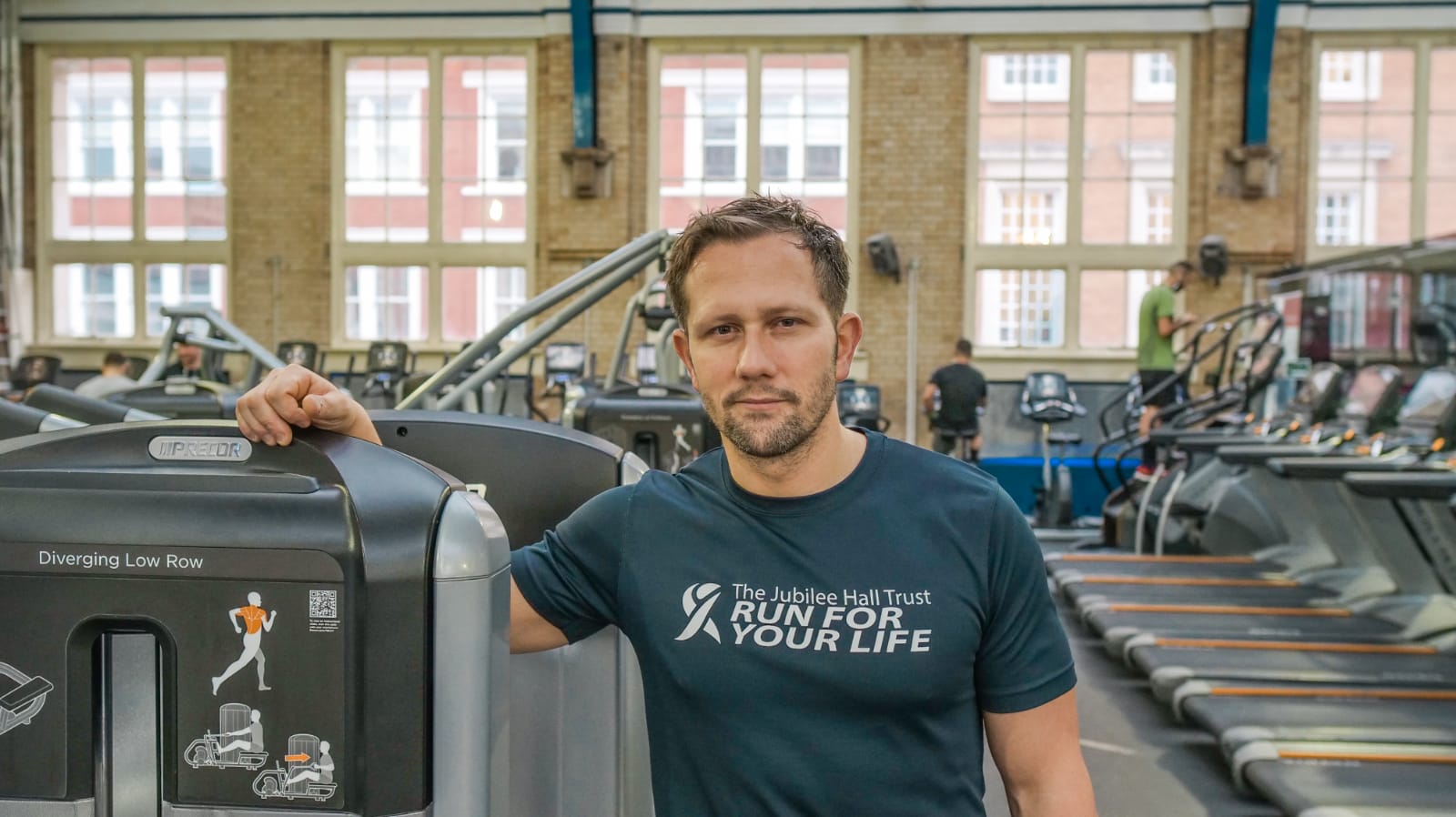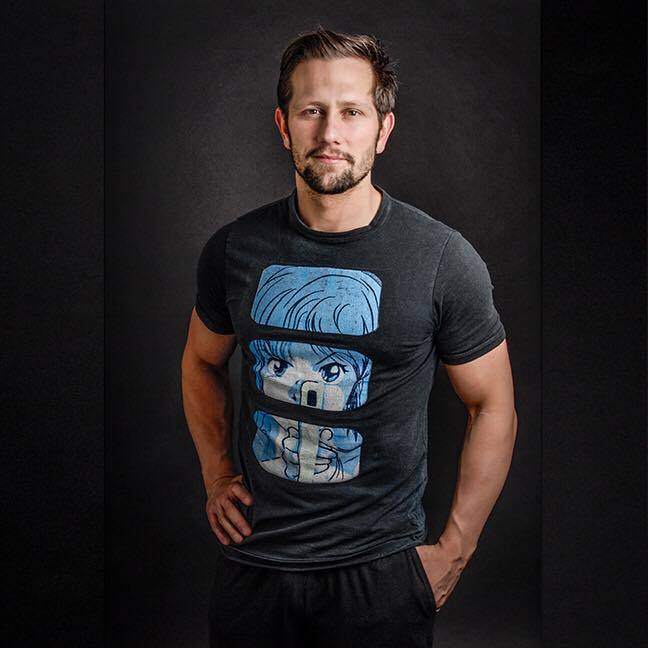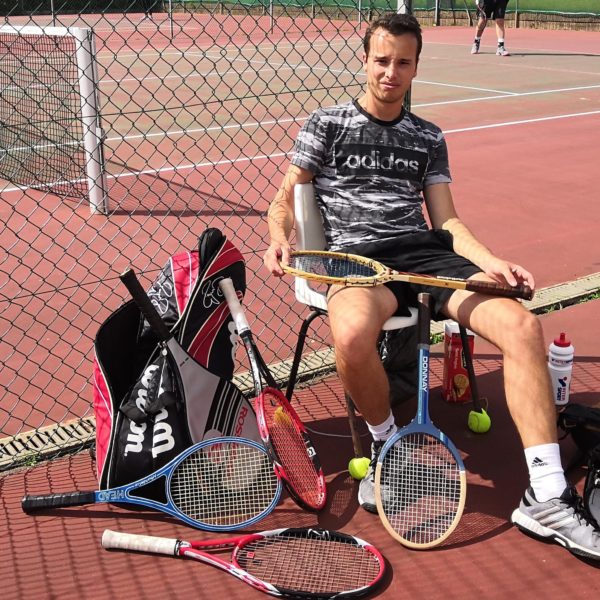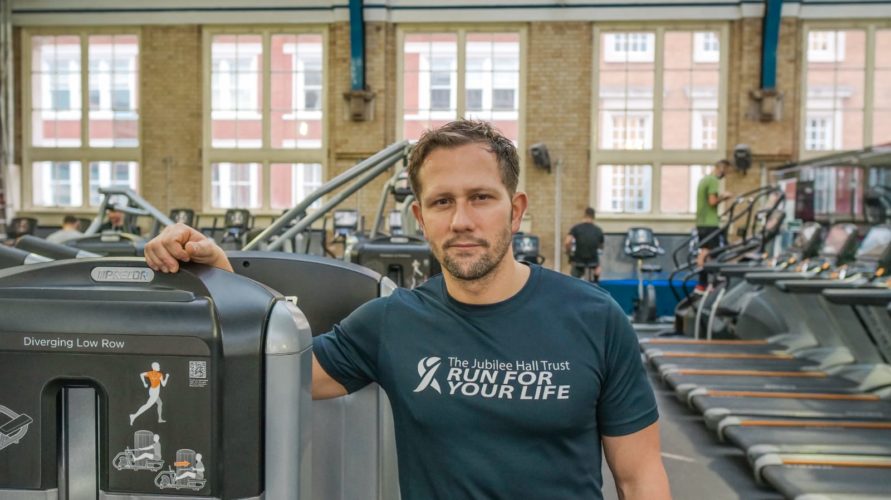Reject obsession: Obsession does not lead to success
Whenever I have a spare moment between client sessions I like to read a newspaper or go through social media channels such as Instagram, Twitter or Facebook, etc. When I do so I tend to pay special attention to anything related to fitness or health, partly because of the nature of my work. If like me you find such media interesting, you will probably also have seen repeated messages along the lines of ‘Don’t give up!’, usually accompanied by a photograph of some poor soul exhausted after legs day and barely able to walk.
Working in the fitness sector I get to see a lot of people training themselves like crazy. For such people a lot of time can be spent on the gym floor, whilst they also tend to lead a very strict lifestyle in terms of nutrition, as well as training to a fixed schedule (or indeed training every day of the week, sometimes for hours at a time).
I always advise that people in such a position should be aware that if you don’t give your body enough time to recover between sessions (and especially between demanding sessions), then ultimately you are going to fail in your endeavour to build a fit and healthy body. And if not in terms of physical appearance then certainly in terms of mental strength.
A professional rugby player, for example, will rigorously undertake his or her own gym routine (which typically can involve heavy charging, etc.) before the start of each season. During the season itself this routine will then change to a lighter workout, essentially orientated to specific objectives (in terms of velocity, explosive energy, or recovery from injury) in order to cope with the intensity and aggressive nature of the game.
Now, you may not be such a rugby player (indeed, the chances are that you are not!). However, this kind of approach to training is something to think about, especially as the people exercising in this manner tend to be experienced at training for outcomes and/or are sporting professionals, which means that their entire week is dedicated to playing their game and to training to support this activity.
People in such a position also tend to build into their training programme a large amount of recovery time, sleep and massage, etc. Plus, after training they do not invest a great deal of time, energy or attention in anything else part from their game, which is their life and focus.
So, the first mistake not to make when training is to attempt to train more than these professional athletes do, especially if you cannot also build-in a dedicated recovery regime. And then there are your responsibilities with regard to work and family which also need to be taken into account, all of which demand high levels of focus and energy.
As a Personal Trainer, both for myself and for my clients, one of my priorities over the course of a typical year is to change workouts and the pace of training. To be specific, I believe it is vital to alternate the types of exercises that I and my clients undertake. It is crucial, for instance, to rotate static, specific exercises with coordination exercises whenever the opportunities arise. Over the last few years I have also learnt how to spend less time on the gym floor and how to be more efficient when undertaking my own workout.
 Julien Bertherat in Jubilee Hall Gym, Covent Garden ©yalding media
Julien Bertherat in Jubilee Hall Gym, Covent Garden ©yalding media
A good way to be so efficient, in my experience, is to exercise on a combo’ basis (i.e. by undertaking two exercises back-to-back), whilst also allowing for something like a minute of rest in-between. When exercising in this way one of the key drivers should be not to think too much while working out and to attack each exercise as it takes place.
Or, to put it another way, I aim not to train in a mechanical way, but to do so with energy and commitment. This is because I believe that exercise should not be treated as a distraction from daily life. Rather, I see it as a chance for everyone who so exercises to become more aware of their own body’s physical capacity and to see exercise as a personal and mental challenge in its own right.
Exercise is a discipline. It is invigorating and strengthening and it should also be a challenge when it is undertaken. In itself, however, exercise is not a replacement for living a full and productive life. That tends to happens outside of the gym.
A few weeks ago, the Saracens won the Rugby Champions Cup against my hometown team of Clermont Auvergne. After they did so a journalist asked the Saracens Coach, Mark McCall, what the key to his team’s success is (as it has won the Cup two years in a row at a European level). McCall replied that for his team it is not "all about rugby, but also about living together as a team, sharing activities together." I understand and agree with that sentiment.
For me, personal training and its associated fitness lifestyle is not only about exertion, lifting weights or eating well. It is also about living our lives to the full and with the maximum amount of energy, about understanding the world around us; how it is changing, about facing our demons when needed and about how to be happy in ourselves.
I like to say that good exercise requires logical underpinning, as the most important thing to take into any successful workout is not the exercise programme itself, but the thought process behind it. Achieving fitness through exercise is not simply a question of when to eat or how much to sweat. It is also about finding yourself through the workout challenge. So when you train do so with energy and intensively, then feel comfortable in letting go of the workout for while, so as to recover fully before getting back into it again. That way your mental and physical strength will grow, as will the texture of your life.
form-idea London, 5th December 2018.














